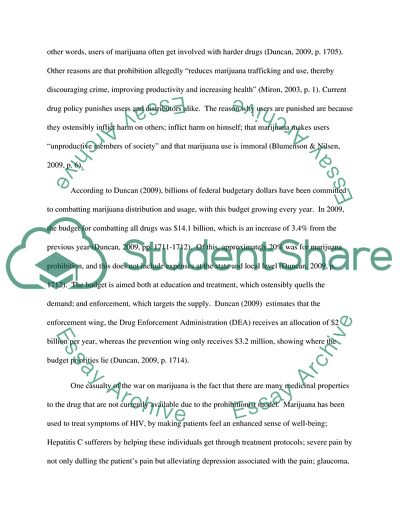Cite this document
(“Legalizing marijuana can help economy and people with their illness Research Paper”, n.d.)
Legalizing marijuana can help economy and people with their illness Research Paper. Retrieved from https://studentshare.org/miscellaneous/1573602-legalizing-marijuana-can-help-economy-and-people-with-their-illness-like-cance-hiv-multiple-sclerosis-or-chronic-pain
Legalizing marijuana can help economy and people with their illness Research Paper. Retrieved from https://studentshare.org/miscellaneous/1573602-legalizing-marijuana-can-help-economy-and-people-with-their-illness-like-cance-hiv-multiple-sclerosis-or-chronic-pain
(Legalizing Marijuana Can Help Economy and People With Their Illness Research Paper)
Legalizing Marijuana Can Help Economy and People With Their Illness Research Paper. https://studentshare.org/miscellaneous/1573602-legalizing-marijuana-can-help-economy-and-people-with-their-illness-like-cance-hiv-multiple-sclerosis-or-chronic-pain.
Legalizing Marijuana Can Help Economy and People With Their Illness Research Paper. https://studentshare.org/miscellaneous/1573602-legalizing-marijuana-can-help-economy-and-people-with-their-illness-like-cance-hiv-multiple-sclerosis-or-chronic-pain.
“Legalizing Marijuana Can Help Economy and People With Their Illness Research Paper”, n.d. https://studentshare.org/miscellaneous/1573602-legalizing-marijuana-can-help-economy-and-people-with-their-illness-like-cance-hiv-multiple-sclerosis-or-chronic-pain.


